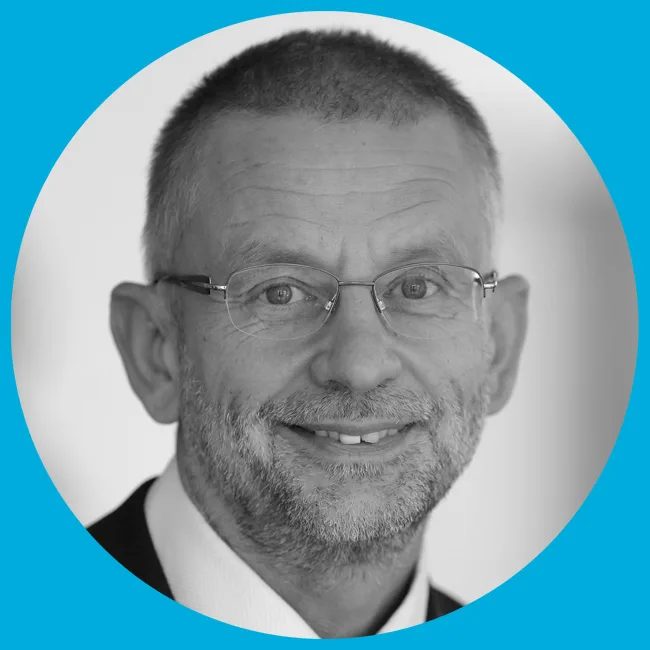We wanted to know: Why did our scientists want to become scientists in the first place? What are they working on, and what do they still want to discover? You can read their answers to these questions and more – including how they motivate their working groups and what they could really do without – as part of this series, which successively introduces some of the people behind the research conducted at Goethe University.
Name: Rolf van Dick
Profession: Psychologist
Place of work: Social Psychology Department
Why did you become a scientist?
Because the unity and at the same time also diversity of teaching and research excited me from the very first day of my studies.
What are you currently working on?
We are working in several projects on the topics of identity leadership (i.e. leadership that helps create a sense of “we” in teams and organizations), and how this relates to a team’s performance and health.
What do you still want to find out/discover?
How this kind of good leadership – which helps develop a sense of belonging and unity in the team – can be combined with shared leadership, i.e. in teams where leadership is shared among many. That is something we are currently investigating in startups, i.e. very small teams, for example.
What does your ideal workday look like?
It starts off with having good conversations over coffee after arriving at the office, and is followed by one to two hours of concentrated work on proposals, papers or the evaluation of study data. Then lunch together in the cafeteria (preferably in our “Sommergarten”) with my department, and a good afternoon lecture with engaged students.
What could you easily do without in your daily work?
Bureaucracy and long meetings.
What I like about my job is…
… the freedom to independently decide every day what I want to research, as well as working with young people.
How do you motivate your working group?
I try to make everyone feel part of a bigger whole, where they can contribute their personal strengths in the effort to understand (and make) the world a little better.
To me, Goethe University Frankfurt is …
… a wonderful place of exchange and inspiration where I enjoy being physically present, especially at our beautiful Westend Campus.
What should society know about your research? Are there common misconceptions, and if so, which?
Good leadership does not mean one person (most of the time we still think of men) exercises power over others. Good and, above all, effective leadership comes about when those responsible exercise power through others and ideas are realized together.
Which famous personality would you like to swap days with?
With artist Gerhard Richter, who reinvented himself several times over the past 70 years, thereby advancing the visual arts.
How do you get your mind off research?
By spending time with family and friends, reading, exercising (jogging and cycling), and visiting arts exhibitions.
Prof. Dr. Rolf van Dick is a member of the ConTrust cluster project. The cluster project explores the interplay of trust and mistrust in crisis and conflict situations.
More information on Prof. van Dick’s research topics is available here.









